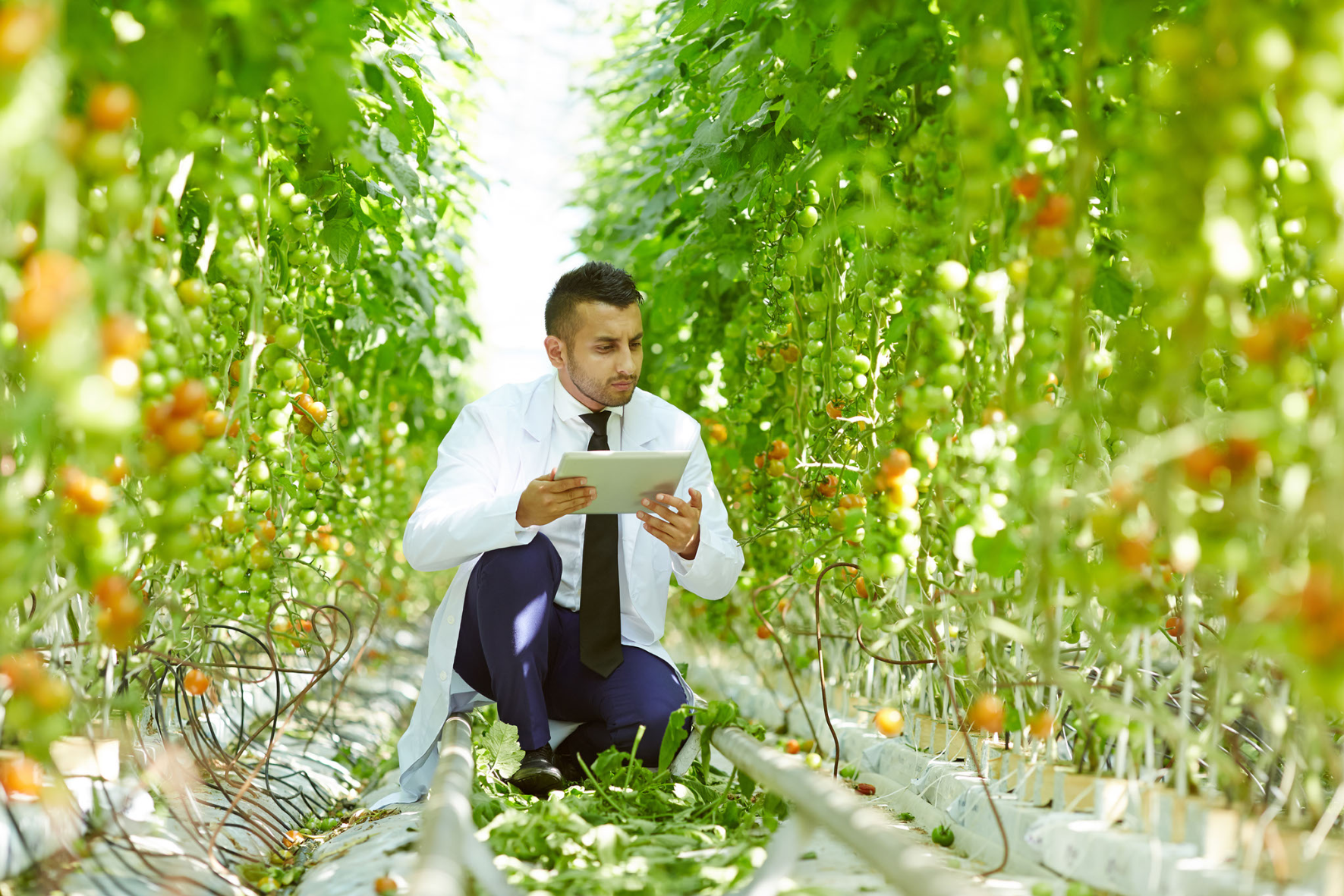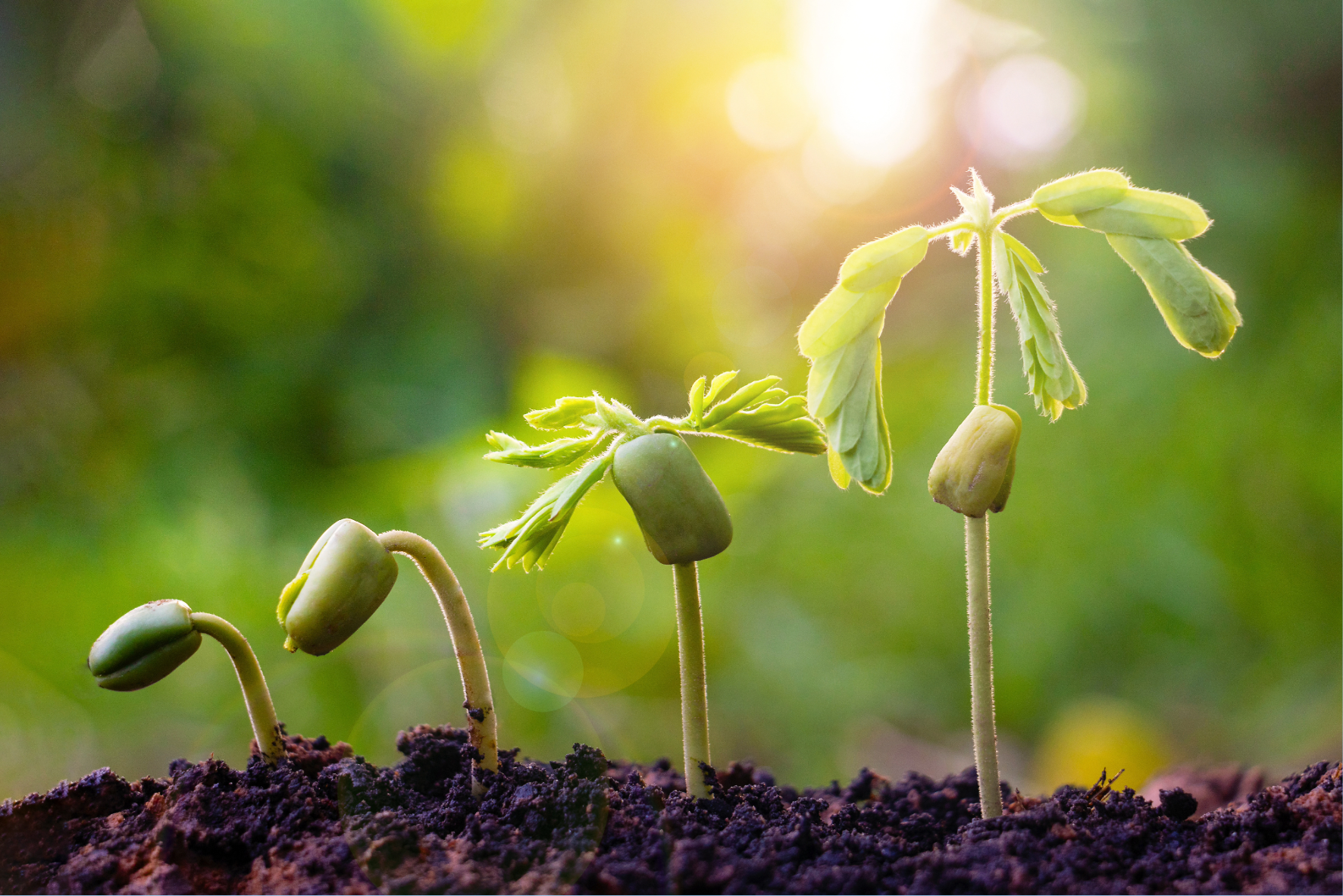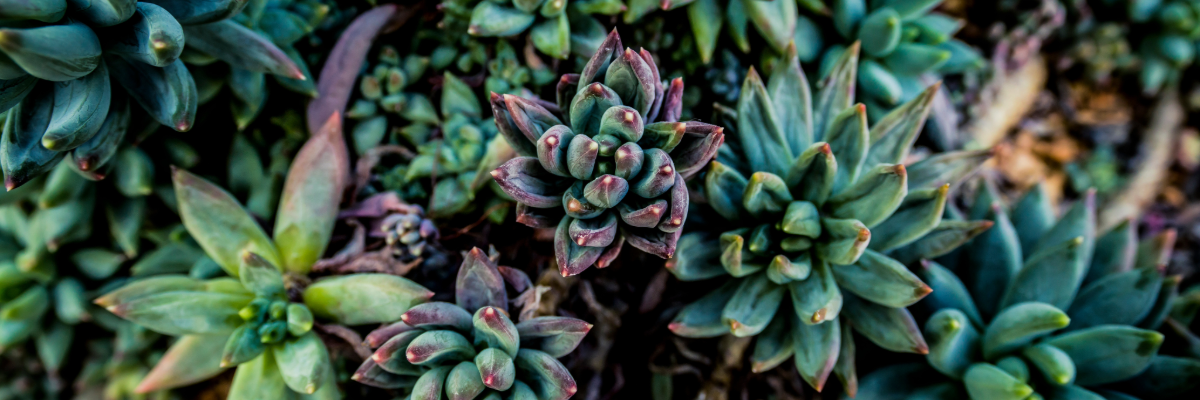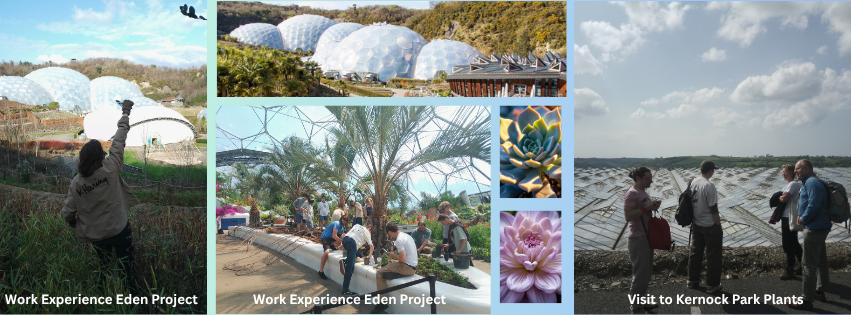Module
|
Module Aims
|
Delivery Methods
|
Level 4
|
Academic and Professional Practice
|
This module will identify the key sustainable goals and policies that inform decisions towards a sustainable and resilient future. You will be provided with the vocabulary and language to progress and network within the wider industry.
An examination of the implementation of goals, targets and legislation will allow reflection of the value of working towards common goals. Teamworking and academic skills and competencies will be identified and developed through groupwork.
|
A combination if lectures, workshops and presentations.
|
Introduction to Botany
|
This module introduces you to the basic metabolic and synthesis processes of living plant cells and looks at plant cell biology and how this determines the overall structure of the plant.
You will discuss the fundamentals of plant life covering the basics of cell biology and plant structure including photosynthesis, respiration, and genetics.
|
A combination of lectures, laboratory practical's and investigating Eden Project’s plant collections.
|
Soil Science and Plant Nutrition
|
The aim of this module is to investigate the nature of soils and explore how soils affect plant growth and nutrition. The role of soil substitutes in the horticultural industry is introduced.
Soil profiles and formation is explored and the physiological effects of growing/soil environments on plants are investigated with particular reference to water and nutrient availability and stress.
|
A combination of lectures, laboratory practical's and investigating Eden Project’s technosol.
|
Plant use in the Landscape
|
This module aims to develop your ability to draw accurate scale plans for planting schemes; analyse a garden or landscape, selecting suitable plants for a specific site.
You will also develop the ability to identify routine management procedures for a planting scheme in a variety of horticultural situations ranging from commercial production to ornamental landscaping.
|
A combination of lectures, tutorials and site visits. Plant identification skills will be developed as part of this module.
|
Applied Horticultural Practices
|
This module develops your practical skills and is composed of a series of practical operations linking theoretical knowledge to horticultural practices.
You will learn to demonstrate a range of relevant horticultural activities. As part of this module you will undertake a work placement during which they will develop these skills further in an industry setting.
|
A combination of lectures, tutorials and workshops. You are required to conduct a three-week work placement as part of this module.
|
Classification and Taxonomy
|
The module provides the opportunity for you to investigate evolution and systematics by close observation of a range of organisms representing the major taxonomic groups: prokaryotes, protists, fungi, animals and plants.
By investigation and comparison of representatives of different phyla you will develop an understanding of relationships between groups and develop an understanding of evolutionary adaptations.
|
A combination of lectures, tutorials and workshops.
|
Level 5
|
Research Methods
|
The module will develop your research ability. Knowledge and understanding related to the research process, formulation of research questions, developing a research proposal, experimental design, appropriate and correct statistical analysis, presentation of data and results, constructing effective discussions and conclusions.
|
A combination of lectures, presentations, tutorials and IT workshops.
|
Plant Growth and Development
|
The module enables you to develop a holistic view and understanding of plant physiology; which integrates and explores the physics that underpins many physiological processes with the control of growth and development regulated by plant hormones.
The module aims to cultivate an understanding of the environmental impacts on plant physiology and compares and contrasts physiological adaptations with acclimation responses.
|
A combination of lectures, laboratory practical's, research and the use of specialist scientific equipment.
|
Plant Production and Propagation
|
This module aims to equip you with practical propagation and production skills coupled with a theoretical knowledge that underpins these horticultural practices. You will gain practical experience of propagation and production both in college facilities and during a work placement.
Sexual plant propagation is explored with reference to plant breeding, genetic modification and seed production. You will develop critical analysis of the suitability of different production techniques.
|
A combination of lectures, greenhouse practical's, presentations and research. You are required to conduct a three-week work placement as part of this module.
|
Plant Ecology
|
This module aims to provide you with the opportunity to study the integration of plants within different environments and investigate how climate affects distribution.
The effects of plants and their interactions with other organisms are assessed in an ecological context. The biochemical basis for these interactions is discussed.
|
A combination of lectures, field practical's, presentations and research.
|
Plant Pathology
|
The disease causing groups (bacteria, fungi, protists and viruses) are investigated with reference to specific pathogens that cause important diseases of horticultural crops. Likewise the major invertebrate pest groups are investigated with reference to specific pests that attack horticultural crops.
The life cycles, environment and factors affecting the interaction of the pathogens/pests with the plant are discussed. Methods of monitoring and controlling diseases and pests are evaluated. The genetics of pathogenicity and resistance are explored and the basis of breeding for resistance is discussed.
|
A combination of lectures, laboratory practical's, plant inspections, research and site visits.
|
Ethnobotany
|
The history of ethnobotany is introduced and plant classification and identification reviewed. The role of herbaria are investigated and practical skills in vegetation sampling a sample preparation are developed. The ecology of succession is investigated and the role of domestication, hunter- gatherers, subsistence and wild resources are discussed.
Economic botany, the role of food plants in nutrition and plants as medicine are investigated. The chemistry of the plant and the role of plants in drug development is critically reviewed. The sacred role of plants in disparate cultures is investigated.
|
A combination of lectures, workshops and presentations.
|
Level 6
|
Honours Project
|
This module allows you to explore in detail an academic subject of your choice. The module comprises a substantial design project that meets a specific need and brief.
You will also conduct a literature review addressing wider issues and relevance to your selected design subject.
|
A combination of tutorials, presentations and independent study
|
The Contemporary Horticultural Environment
|
This module aims to provide you with the opportunity to critically evaluate existing knowledge on topics of horticultural significance. You will develop the skills to convey the results of research and accompanying analysis.
The integration of knowledge exchange with issue focussed recommendations arising from critical analysis culminates in a student organised symposium on an agreed topic of importance to horticulture.
|
A combination of tutorials, presentations, group work and independent study.
|
Sustainable Horticultural Enterprises
|
This module aims to draw together market, social and economic influences on horticultural enterprises and assess these in a business context set against economic viability, environmental resource responsibility and social (or market) acceptance.
In the context of the horticultural industry the module will integrate sustainable development, policy and regulatory drivers, market influences and horticultural business management principles.
|
A combination of tutorials, seminars, guest speakers presentations and independent study.
|
Advanced Ethnobotany
|
Building on a basic understanding of ethnobotany; the cultural value of plants to humans is explored and the techniques and practices of applied ethnobotany are introduced.
You will develop critical analysis skills in the application of advanced applied ethnobotany techniques. Furthermore, you will gain a detailed understanding of field-based research techniques within an ethnobotanical context.
|
A combination of tutorials, seminars, presentations and independent study.
|
Plant Conservation and Collections
|
To make you aware of the role of plant conservation and collection and enable you to evaluate conservation work and identify the role of organisations concerned with maintaining and conserving plants.
Learners evaluate the value of collections with respect to gene pool size and population diversity and critique current conservation techniques and policies.
|
A combination of tutorials, seminars, presentations and independent study. Knowledge of the Eden Project plant collection will inform this module.
|






